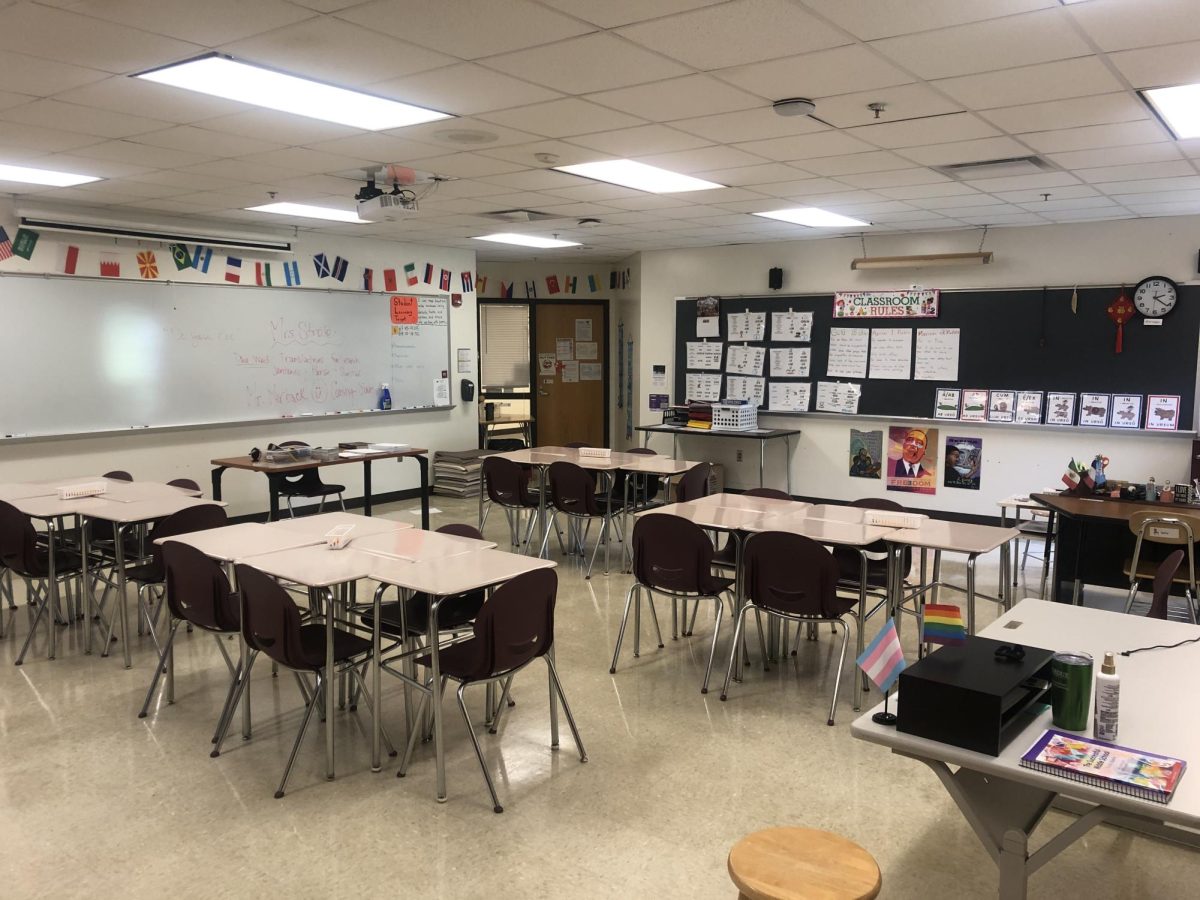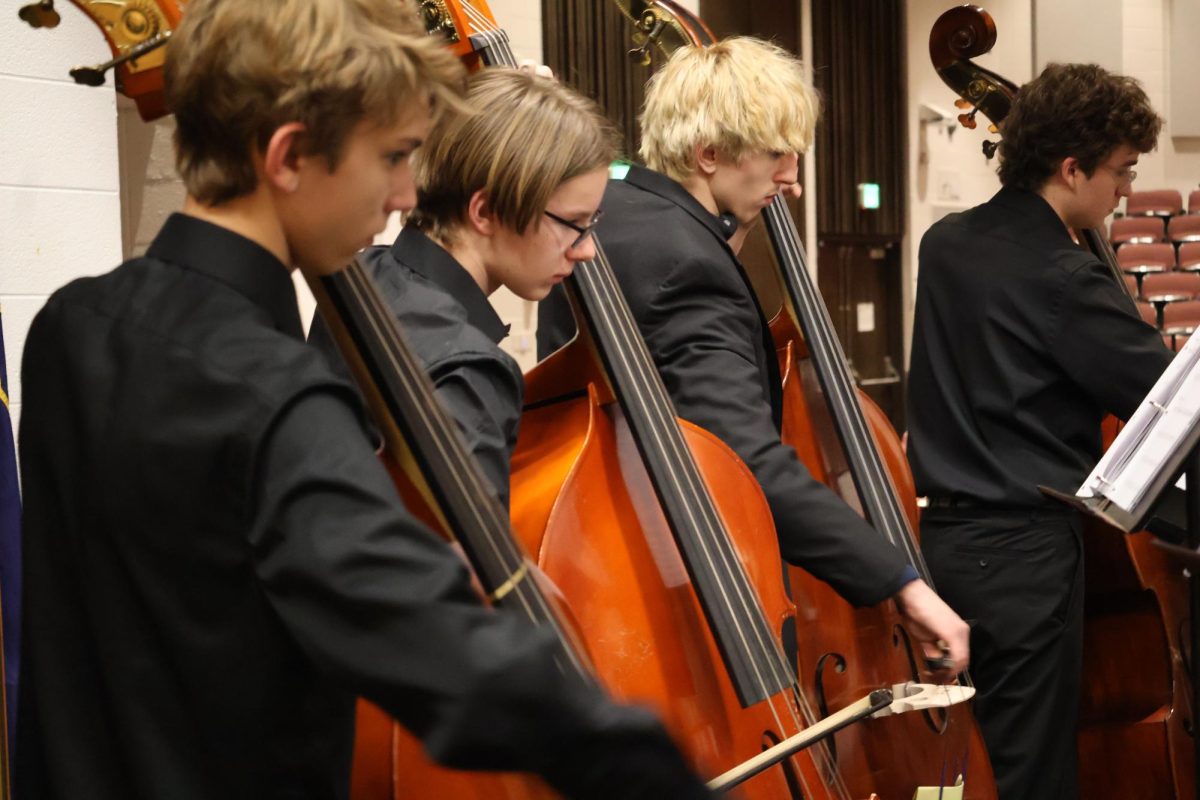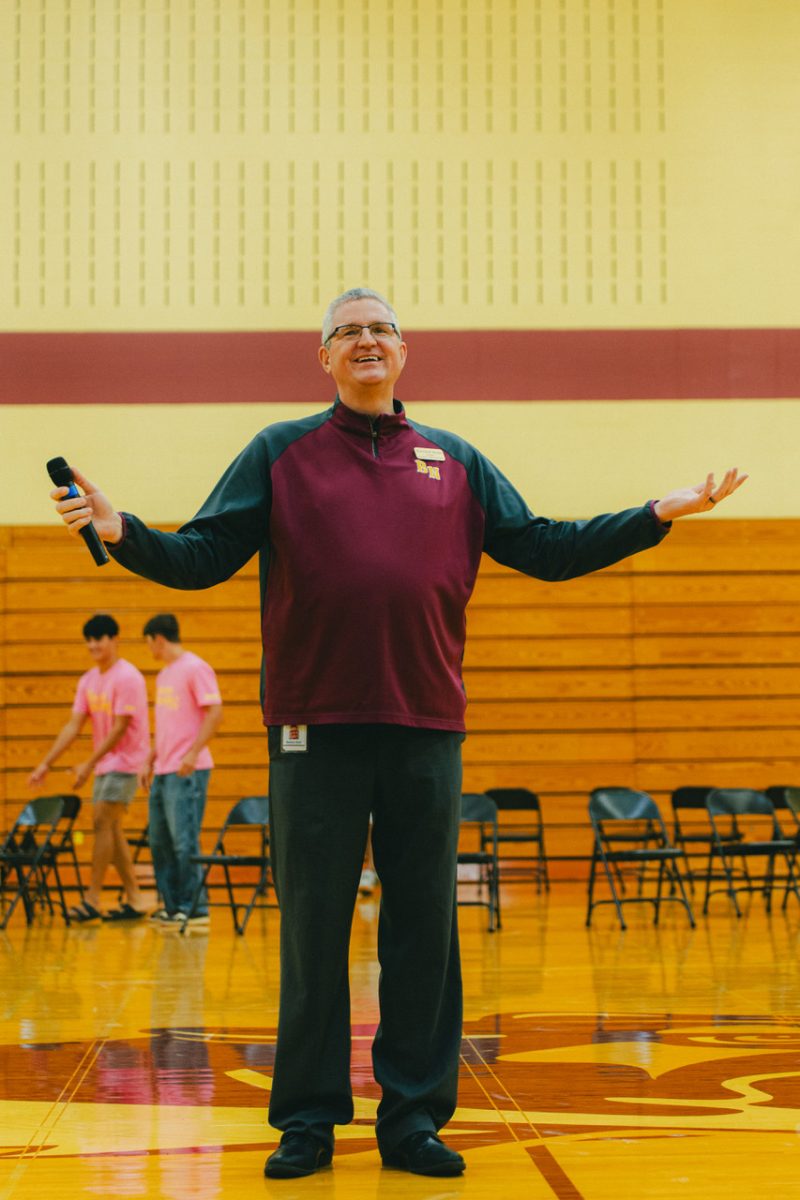Fewer Indiana students are enrolling in higher education. Students are graduating without skills needed to be employed. Some students who dream of enlisting in the military are disqualified. Student apathy is leading to chronic absenteeism. This has not gone unnoticed by the Indiana Department of Education, who, as a result, is rethinking the high school diploma. The current diplomas do not meet the department’s standards for preparing students to graduate, and they want to change them.
To begin with, the new diploma proposal aims to smoothly connect students to their future goals by balancing student flexibility and choice. In a press release from Fox 59, Katie Jenner, the Indiana Secretary of Education said, “The key is that students see the relevance in their high school experience and can be better set up for pathways ahead that make the best sense for their unique goals.”
Jenner aims to create a diploma that gives students more opportunities to choose for themselves. This new diploma heavily supports the concept of flexibility. The second draft requires students to have twelve elective credits. These elective credits include world language, performing and fine arts, and Career and Technical Education (CTE) courses. Honors seals are also an option for students, which look very similar to the current diploma. World languages and more academic classes are required for students who dream of the honors diploma and enrolling in higher education. Students who plan to enlist in the military or become employed immediately have other specific requirements.
As a result of the new criteria, Olivia Paul, a world language teacher at North argues, “Maybe the good thing about the new diploma is that you feel a sense of freedom, but there’s also less guidance on what classes will help prepare you for college.” She adds, “There’s going to be a whole list of classes but no guidance on what you should take.”
Paul is one of the few teachers at North that graduated with the current diploma. She received a Core 40 Honors diploma and accomplished 4 years of Spanish classes at Bloomington North. She says, “It helped shape me and prepare me for college because those directed electives helped me figure out what worked for me and what didn’t. I’m afraid with that flexibility you won’t have those same guided steps to help prepare you for college.”
Following the drafted requirements, future North students anticipate the change. Maya Mchaley, a member of the Class of 2029 complained, “It’ll be weird because it will only be our grade with these requirements.” She adds, “We will have counselors, but it will be the first year, so a lot of people will be confused and it’ll be harder to get the hang of it.”
Concerns like these are widespread. Since upperclassmen will be on a different diploma, only freshman classes will be changed. This offers problems in placements and even titling classes. Mchaley also stated, “The new requirements are a little too complicated and it’s a lot more for us to choose. That could cause a lot more problems.”
This points out the problem of the flexibility that students will be given. High school students don’t usually know what they want to commit to early on. With this in mind, giving students more complex options may cause confusion. They won’t be given the guidance that some people need to graduate.
In addition to this, Bloomington High School North’s Principal, Matthew Stark, discussed, “How they will change North, I don’t know yet. One of the things that is not changing significantly is what it takes to get into colleges, to get into any kind of postsecondary education. Whether you’re doing Ivy Tech, a vocational program, you’re going to IU or other big universities, that kind of stuff has remained the same.”
Stark is not worried about the upcoming changes. He understands the significance of them and urges others not to stress. He believes that North will still prosper, and students will still be able to get into colleges. Stark suggested, “I don’t know if there will be a significant change of what we do because we’re still gonna counsel you on what you need for the next steps… it’s just figuring out how to get some of those requirements to fit into things.”
He has faith in the administrative team, aiming to tackle the approaching diploma and quickly adapting to it. He hopes that they do not cause major changes at North and emphasizes how while listening to the state, he also will use the flexibility he has.
Furthermore, In a press release from Cass County, Katie Jenner, Indiana Secretary of Education offers, “As I talk to stakeholders across the state, one thing I have heard on repeat is that, ‘if’ high school looked different for students, ‘then’ we could better connect them to what’s next. The reality is, the structure of the American high school experience has not changed for most students in over a century, and while some aspects of the current high school experience work, many others are long outdated. Now is our moment in Indiana…our opportunity to make it better and to lead this work nationally.”
Altogether, the current diploma is becoming dated. The redesign is predicted to help students specialize their high school experience to support what they do post secondary education. Action is needed to boost graduation rates and give students successful futures, and changes to North curriculums and classes can be foreseen in the near future.








